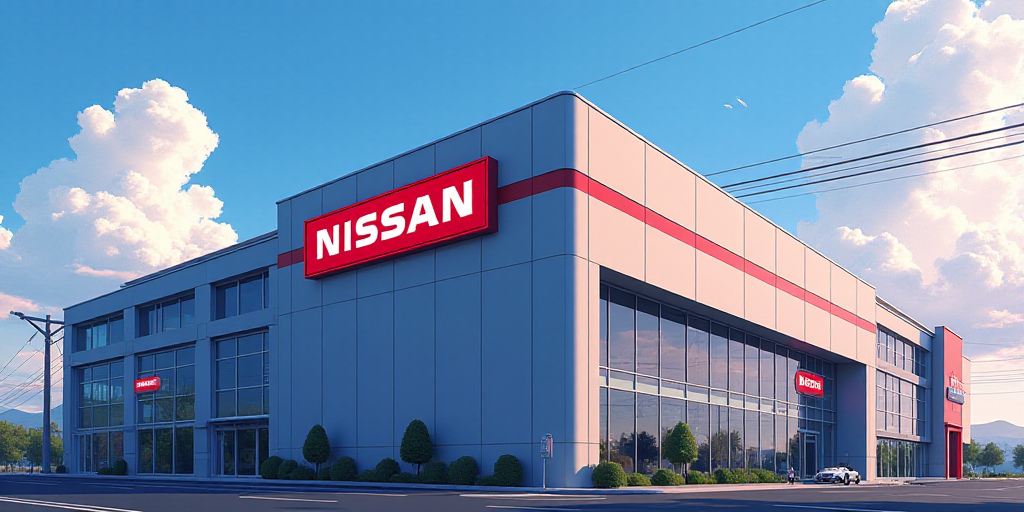Background on Nissan and the Leaf
Nissan, a prominent Japanese automaker, has been producing the Leaf, an all-electric vehicle, since 2010. The Leaf has been a significant part of Nissan’s strategy to lead the electric vehicle market and reduce carbon emissions. With over 500,000 units sold worldwide as of 2021, the Leaf has established itself as a popular choice for environmentally-conscious consumers.
China’s Rare Earth Export Restrictions
Rare earth elements are crucial components in the production of electric vehicle batteries, motors, and other critical parts. China controls around 90% of the global rare earth market, giving it significant influence over the automotive industry. In recent years, China has implemented export restrictions on these materials to protect its domestic industries and promote local technological advancements.
Impact on Nissan’s Leaf Production
According to Kyodo News, Nissan is now facing production challenges for its new Leaf model due to China’s export restrictions on rare earth elements. The scarcity of essential components has led Nissan to revise its production plans for the upcoming model, which was initially scheduled for release later this year.
Suzuki’s Swift Production Suspension
Nissan is not alone in facing these challenges; another Japanese automaker, Suzuki, has also been affected. Reuters reported last month that Suzuki had temporarily halted production of its popular subcompact, the Swift, due to the same export restrictions imposed by China on rare earth elements.
Nissan’s Restructuring Plans
The production issues with the Leaf come at a critical time for Nissan, as the company is in the midst of a large-scale restructuring plan. This plan includes closing seven factories and reducing its workforce by 15%. The challenges posed by China’s export restrictions could further complicate Nissan’s efforts to streamline its operations and remain competitive in the global market.
Key Questions and Answers
- What are rare earth elements and why are they important for electric vehicles? Rare earth elements are a group of 17 metallic elements that are crucial for the production of various high-tech components, including electric vehicle batteries and motors. Their scarcity and China’s dominance in their production give the country significant leverage over the global automotive industry.
- How does China’s export restriction affect Nissan and Suzuki? The restrictions have led to a shortage of essential components for both Nissan’s Leaf and Suzuki’s Swift, causing production delays and forcing the companies to revise their plans.
- What is Nissan’s restructuring plan, and how does it relate to these challenges? Nissan’s restructuring plan involves closing seven factories and reducing its workforce by 15%. The production issues with the Leaf add complexity to these efforts, as the company strives to remain competitive in the face of global challenges.






